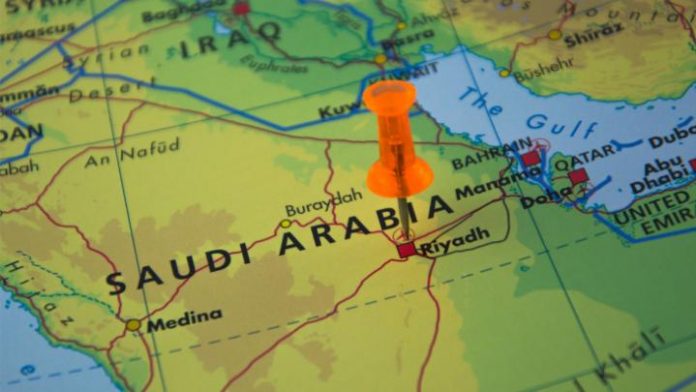Saudi Arabia’s Ministry of Health is inviting local and international healthcare service providers to take part in its first healthcare public-private partnership (PPP) project. It is part of the government’s plan to encourage private sector participation, to meet rising demand for quality healthcare in the country. The move may persuade some potential Saudi medical travellers to stay at home for treatment.
The process is said to mark a major step forward for PPP projects in Saudi Arabia, that is continuing to encourage private sector participation in a bid to meet rising demand for quality healthcare.
First announced at the end of April, the project involves the upgrade of radiology and medical imaging services at seven hospitals in the Riyadh area. Three of these are in Riyadh – King Fahad Medical City, Prince Mohammed Bin Abdul Aziz Hospital, and Al Yamamah Hospital – as well as King Khaled Hospital in Al Majmaa, Al Dawadmi Hospital, Al Zulfi Hospital, and Al Artawiya Hospital.
‘The planned partnership will see increased investment in the selected hospitals’ radiology and nuclear medicine departments. This will include both purchase and installation of new hardware and software solutions,’ the ministry said in a statement. ‘Ultimately, the PPP will improve service to beneficiaries by increasing accessibility to radiology services through use of state-of-the-art equipment and better trained radiology staff who will be able to upgrade their skills through training and development programmes supervised by the Saudi Commission for Health Specialties.’
The PPP project is expected to improve access to over a million people in the Greater Riyadh region, as well as improve turn-around times and reliability of scans, which in turn should improve diagnosis, and therefore treatment.
The Saudi Arabian government wants to generate up to R40bn in non-oil revenues from a privatisation programme by 2020 and create up to 12,000 jobs. The programme is also targeting 14 PPP investments worth up to R28bn.








 ©2024 All rights reserved LaingBuisson
©2024 All rights reserved LaingBuisson 


